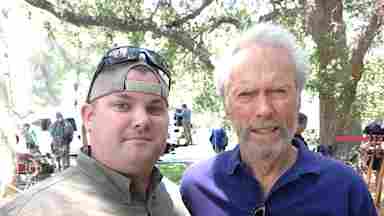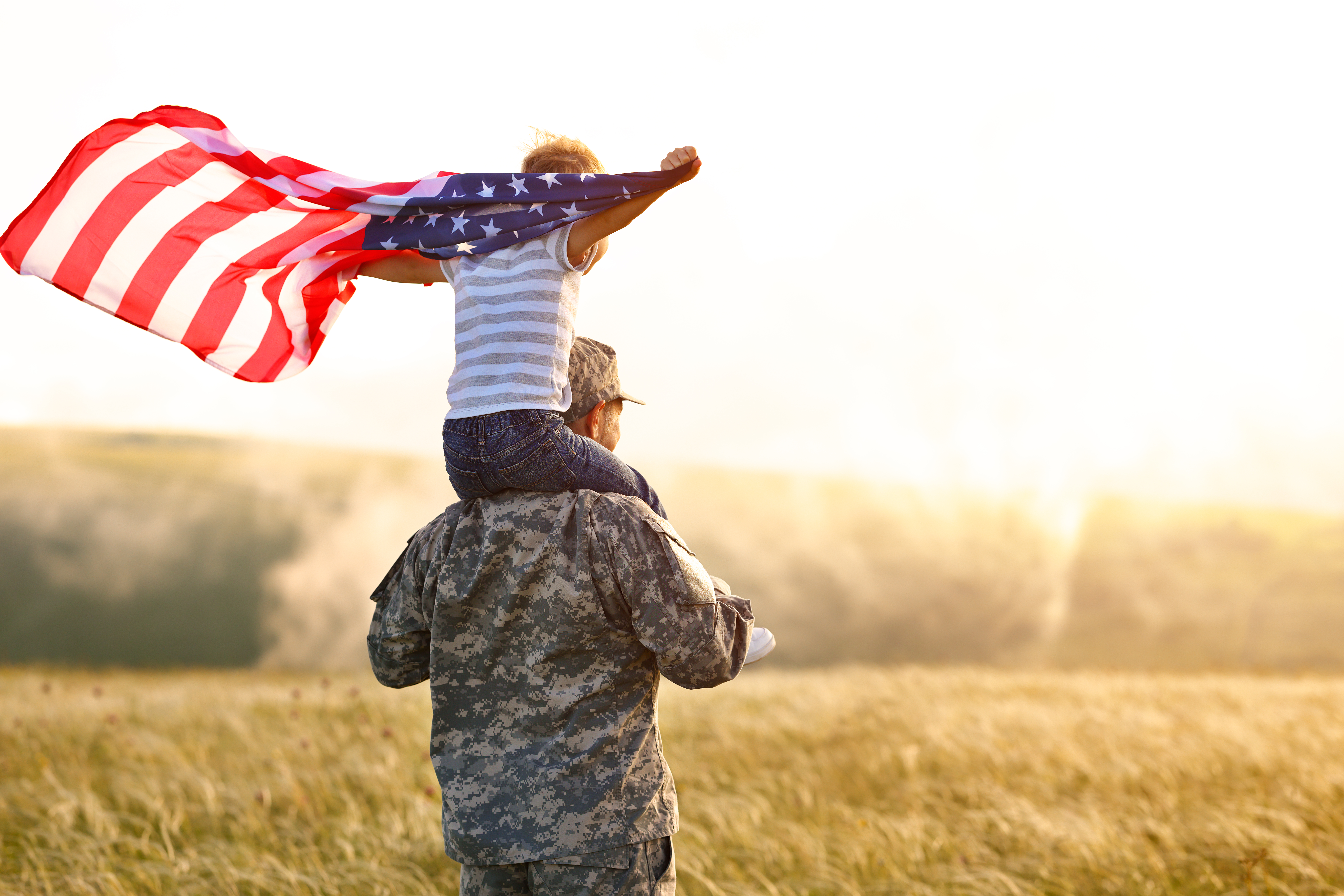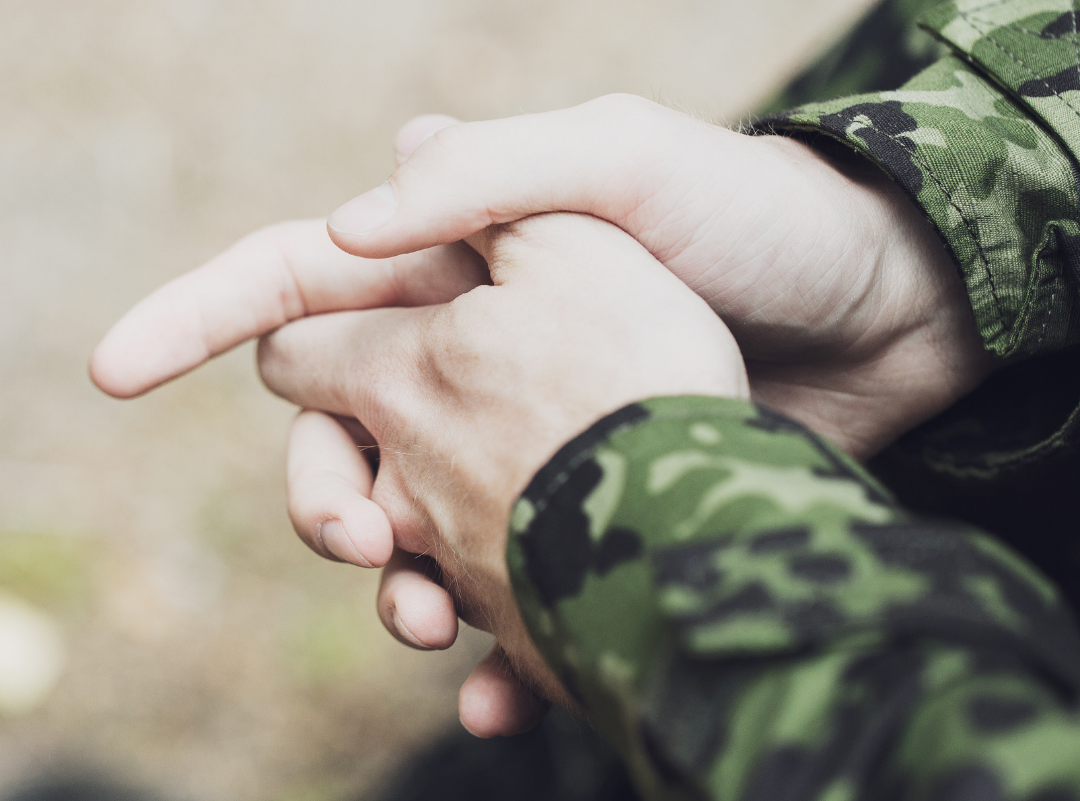
Brain Performance Institute Warrior’s Role in American Sniper: More than Fifteen Minutes of Fame
Center for BrainHealth
Share this article
Related Information

National Guard Advances Warfighter Brain Fitness
The National Guard Bureau has taken a bold step toward securing and enhancing Warfighter brain health, and ensuring cognitive combat readiness with the launch of a new initiative to measure, track and improve cognitive performance and psychological well-being – the Warfighter Brain Fitness program.

Efficacy of Cognitive Training When Translated From the Laboratory to the Real World
This study presents preliminary evidence on the efficacy of SMART™ protocols administered to military, veteran and law enforcement populations over a condensed time frame.